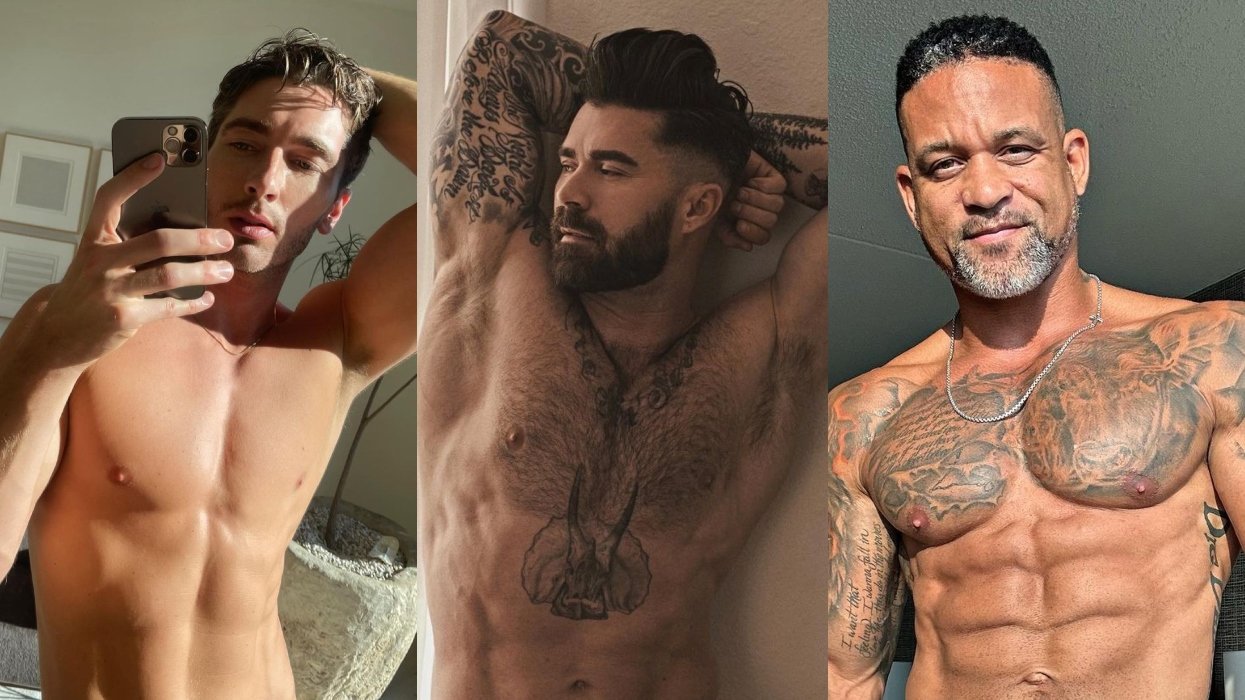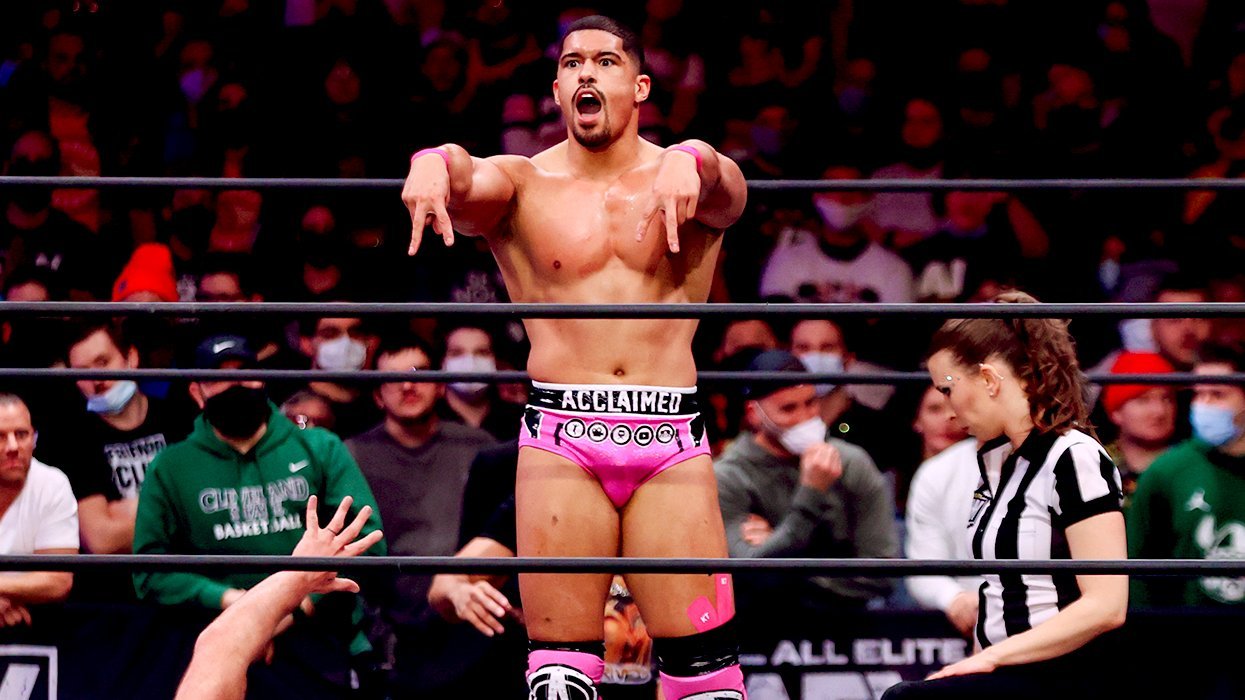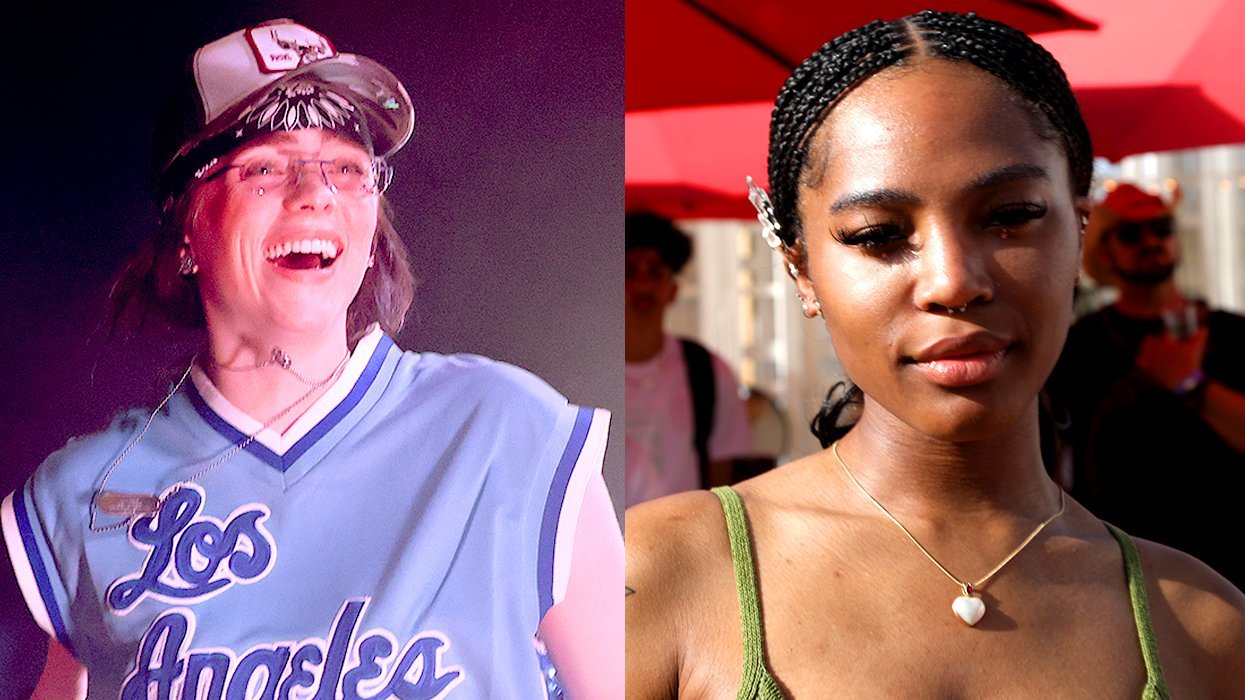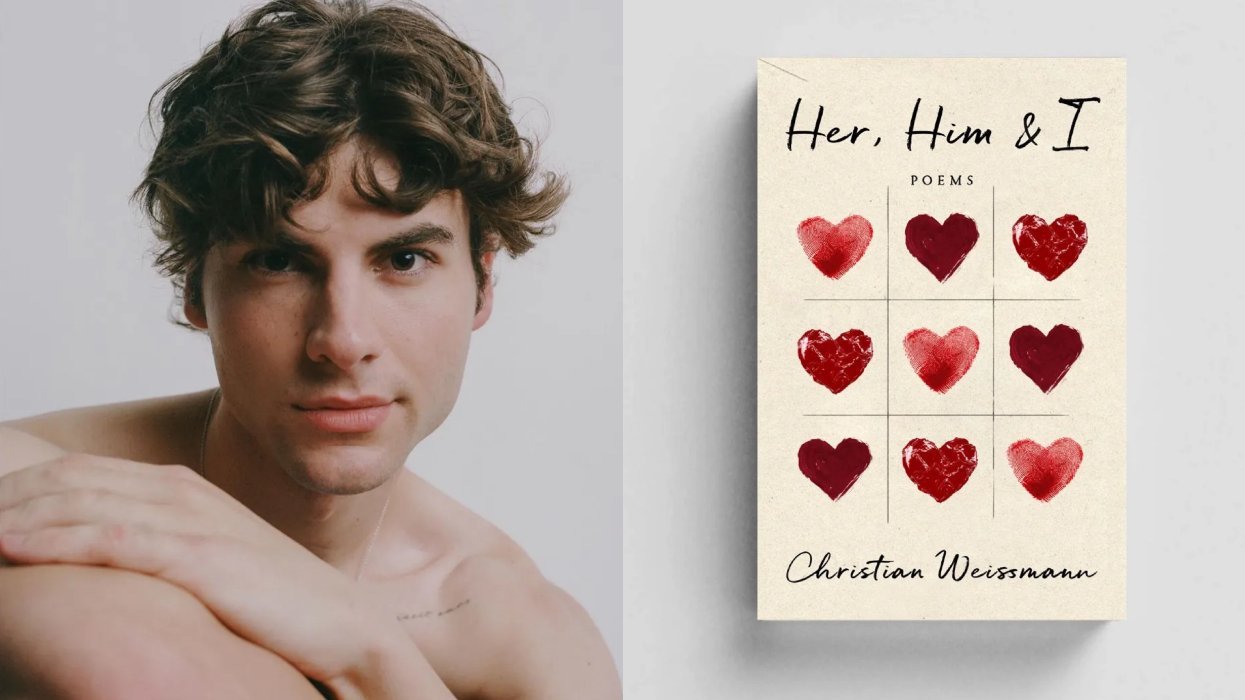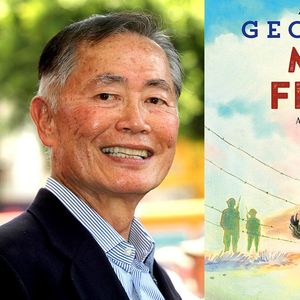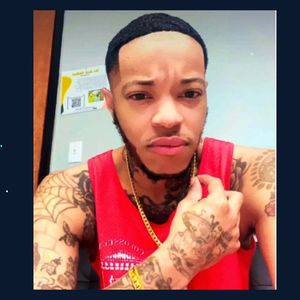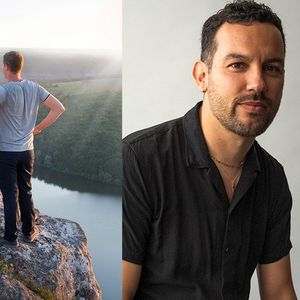Violence, gore, sex, and artificial intelligence: all these are stock elements of the sci-fi action genre. But after a major boost from a
Kickstarter fund, some of that sex is about to get a whole lot gayer. Writer Alex Woolfson and artist Winona Nelson unveiled their stunning new graphic novel
Artifice is about a prototype android named Deacon who, after failing his mission, is emotionally dissected by a corporate robopsychologist. The twist? Deacon is into dudes.
The project blasted past its $7,000 Kickstarter goal in under 48 hours and people really started with their browsers and with their wallets. Kickstarter.com is an online fund where people pledge money to creative projects. With more than half the time still on the clock and over $20,000 in donations so far, the time may have come to put a little gay action in our action adventure. Out.com caught up with the two creators of the viral comic sensation to ask them about their beginnings, their work, and their advice to those who might follow in their footsteps.
Out: Since action is often viewed as the bastion of heterosexual entertainment, did you consider making Deacon, the your lead character of Artifice, straight?
Alex Woolfson: Never. The whole thing that motivated me was that I love action films and I love sci-fi films; these kick-ass genre stories but where guys just happen to like other guys.
How did you meet one another?
AW: I made a few short films but they are expensive. With comics you sorta have an unlimited special effects budget. So I wrote a short 16-page comic and put an ad on the internet to find artists.
Winona Nelson: I responded to the job ad he put up on a website. I was really looking for comic coloring work. It sounded like he would be a lot nicer to work for than a lot of the other people I'd done work for.
AW: I found a penciler in Argentina and then I needed somebody to ink and color it. Winona responded and her work was light-years beyond everyone else's.
WN: Early in your career, there's a lot of people that will cheat you. If someone can write a whole email without any punctuation mistakes they're usually trustworthy.
Tell us what led you to Kickstarter.
AW: Other web comics out there, most written by women actually, had Kickstarter campaigns. One in particular had a goal of $4,000 and raised $14,000. I realized that this was really a way to raise money to get the book bound and set.
When you surpassed your Kickstarter goal, what went through your mind?
AW: There was dancing. That we surpassed the Kiskstarter goal and we did it in 48 hours! I was floored.
Do you remember the first story you told?
WN: I remember drawing a card for my mom. It was a picture of her riding a giraffe. I remember asking her how to spell my name so I could sign it.
AW: When I was three years old I remember dictating stories to my mom.
Did your family encourage your art?
AW: Absolutely, they've always been very supportive of that. My Dad was a professor of anthropology at U Vermont and my mom was a dean at St. Michael's College.
WN: My parents are both artists. My mom did abstract oil paintings and my father did wildlife paintings in acrylic.
Did you have mentors other than your family?
AW: There are people I look up to and there are lots of people who've helped me along the way. There's a publisher named Larry Young who did a comic called Astronauts in Trouble and when I was first interested in making comics he sat down with me seven or eight times just to talk about the business.
WN: I was mostly taught through people I met on the Internet. A lot of fantasy painters more than comic people.
Alex, do you feel you grew up without gay heroes?
AW: Absolutely. I grew up in Vermont which is fairly progressive but even still I never knew any other gay people growing up.
What advice would each of you give to young artists?
WN: Worry more about making good artwork whether someone's paying for it or not. Instead of picking up jobs that you know are not going to produce things you want to show people afterwards because those are useless to you. You're better off not getting paid and doing something that you can put in your portfolio.
AW: The most important thing is write what you always wanted to read. The chances are, you're gonna be the only one to read it, so you better like it.








